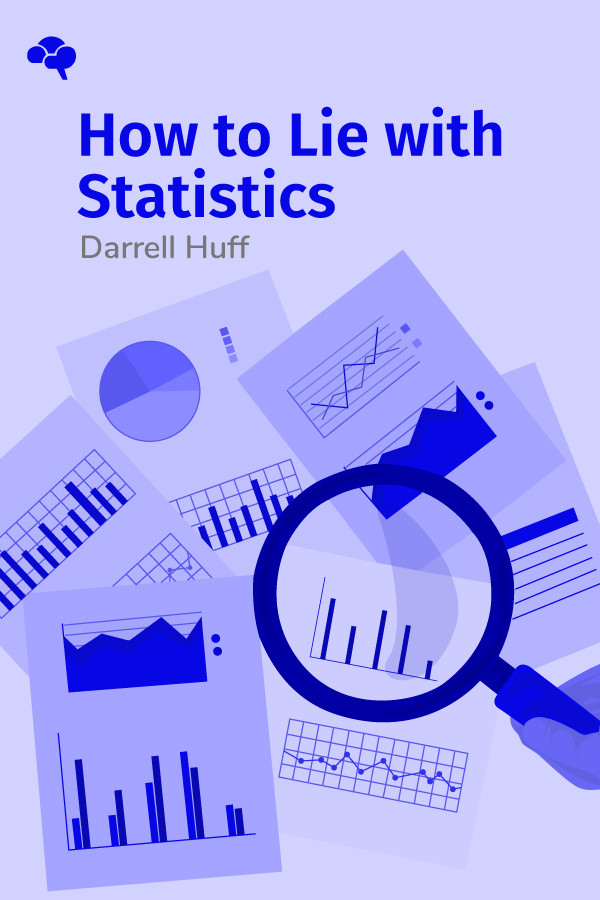Darrell Huff
Darrell Huff (July 15, 1913 – June 27, 2001) was an American writer, and is best known as the author of How to Lie with Statistics (1954), the best-selling statistics book of the second half of the twentieth century.
Huff was born in Gowrie, Iowa, and educated at the University of Iowa, (BA 1938, MA 1939). Before turning to full-time writing in 1946, Huff served as editor of Better Homes and Gardens and Liberty magazine. As a freelancer, Huff produced hundreds of "How to" feature articles and wrote at least sixteen books, most of which concerned household projects. One of his biggest projects was a prize-winning home in Carmel-by-the-Sea, California, where he lived until his death.
Stanford historian Robert N. Proctor wrote that Huff "was paid to testify before Congress in the 1950s and then again in the 1960s, with the assigned task of ridiculing any notion of a cigarette-disease link. On March 22, 1965, Huff testified at hearings on cigarette labeling and advertising, accusing the recent Surgeon General's report of myriad failures and 'fallacies'."
First and foremost, though, Huff is credited with introducing statistics to a generation of college and high-school students on a level that was meaningful, available, and practical, while still managing to teach complex mathematical concepts. His most famous text, How to Lie with Statistics, is still being translated into new languages. His books have been published in over 22 languages, and continue to be used in classrooms the world over.
How to Lie with Statistics
We encounter statistics every day—in advertisements, in the news—everywhere. But are statistics trustworthy and accurate? Many times, the answer is no. They can and often are skewed with specific goals in mind and to influence decisions toward certain outcomes. By looking closer at the statistical process, we can discern the validity of a statistic and make more informed choices.
Bio information sourced from Wikipedia

